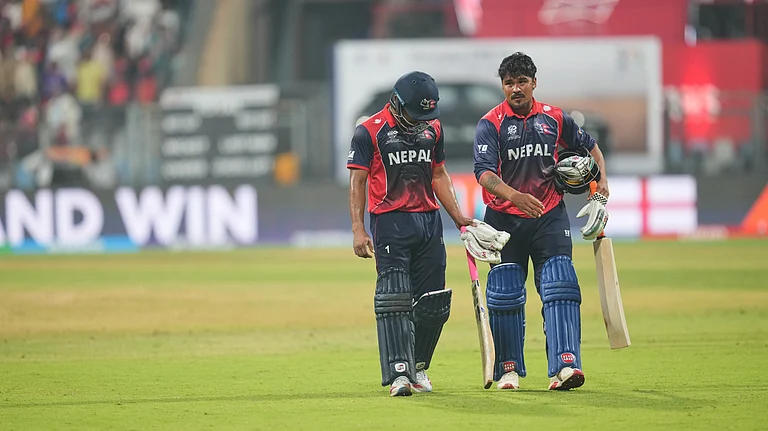Whether it is tainted ministers or funding elections or setting behaviour norms for Parliament, political parties are masters at the art of pointing the finger at their opponents. The classic case is of politicians with pending criminal charges. Should they be made ministers? Instead of confronting this tricky question holistically, efforts are made to make spurious distinctions. Thus, my-tainted-ministers-are-good; your-tainted-ministers-are-bad. If I fatally stab my neighbour or create mayhem which leads to the loss of hundreds of lives, my alibi is "political agitation". The distinction is a self-serving fraud. Similarly, the Congress defence of "quota ministers" is wholly unacceptable. If a coalition partner like Laloo Prasad Yadav insists on bringing in a tainted team, his bluff should be called. Mr Yadav was as, if not more, anxious to ensure that a Congress-led coalition came into office. Sooner rather than later he would have given in. Alas, the Congress did not press him too hard. You don’t have to be a rocket scientist to conclude that political parties will always find an excuse to duck the problem.
What then is to be done? The first requirement is to concede that the political class has an interest in keeping the system dirty. Because a clean system can and will rebound on all political formations. In the name of pragmatism, they will find ways to justify the status quo. The second requirement is for the ordinary citizen to wrench this entire issue of system-cleansing free from political parties. Hoping for a change of attitude is to indulge in dangerous fantasy.
Instead, what we need to do is to take the subject in all its complexity and place it in the court of civil society. Who is civil society? Well, you and me, relevant pressure groups, ngos, the Election Commission and the Supreme Court. After all, one has to jog one’s memory only slightly to remember the huge opposition civil society faced from the political class when assets, educational qualification and criminal cases were sought to be made mandatory entries while filing nomination papers. We must move further along that route and exploit two powerful allies—the EC and the higher judiciary—the citizen is lucky to have in this uphill battle.
How to separate the serious from the routine when it comes to criminal charges? Let me draw your attention to two Outlook issues (August 14, 1996, and June 21, 2004) where a fair and just solution is discussed.




















